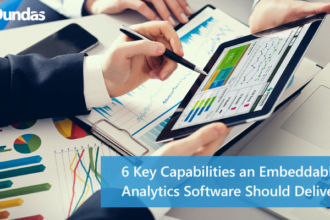If computing continues its exponential growth, within 15 years the most powerful machines will be able to carry out 1020 calculations per second. Shane Legg, a theoretical neuroscientist speaking at the Singularity Summit, put that number into context yesterday. The estimate for all the grains of sand on every beach in the world comes to between 1020 and 1021.
If computing continues its exponential growth, within 15 years the most powerful machines will be able to carry out 1020 calculations per second. Shane Legg, a theoretical neuroscientist speaking at the Singularity Summit, put that number into context yesterday. The estimate for all the grains of sand on every beach in the world comes to between 1020 and 1021. These supercomputers of 2025 would be able to count each grain (or presumably do more sophisticated work) in a single second. That number also represents the total, Legg said, of every neuron in every brain of every person on earth. Again, one machine, one second.
It’s numbers like these that nourish the Singularity movement. Humans tend to think in lines: The rate of change in the next 10 years will be about the same as the last decade. But if you take into account exponential growth in vital technologies, change is likely to be much more abrupt. And some believe that when computers grow to surpass the complexity of the human brain, we flesh-and-blood animals will pass the evolutionary baton to intelligent machines.
But from what I’m learning, we already have machines powerful enough to carry out highly intelligent thinking, and to simulate areas of human thought. The problem is that we don’t know how or what to teach them. It’s a software issue. And while hardware advances exponentially, software, coded by humans, inches forward at a much slower rate. Conceivably, the faster machines will pitch in on this project. For starters, they’ll produce detailed brain images and make it easier to run simulations.
But there’s still a missing ingrediant to creating truly smart machines: Intelligence. It should come, when it does, from humans. The Singularity won’t necessarily follow the chip-makers’ timetable.







